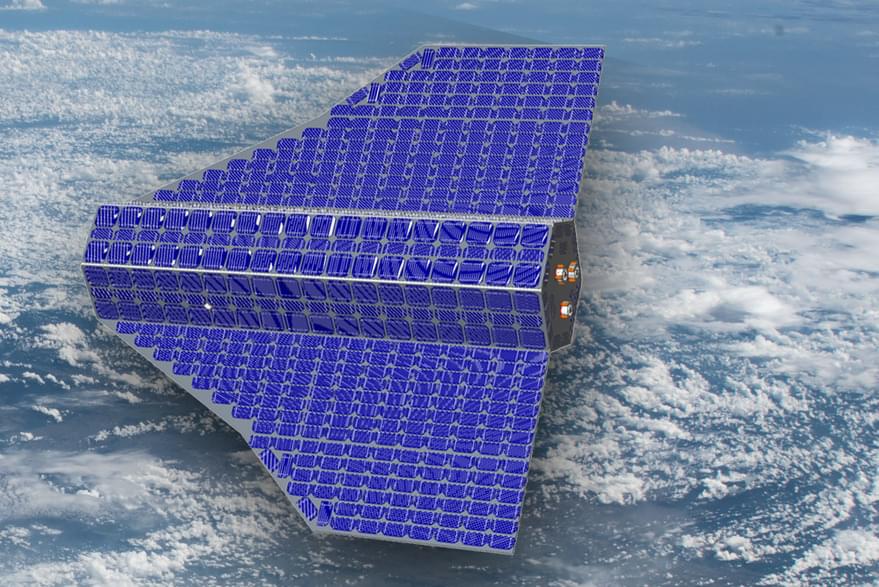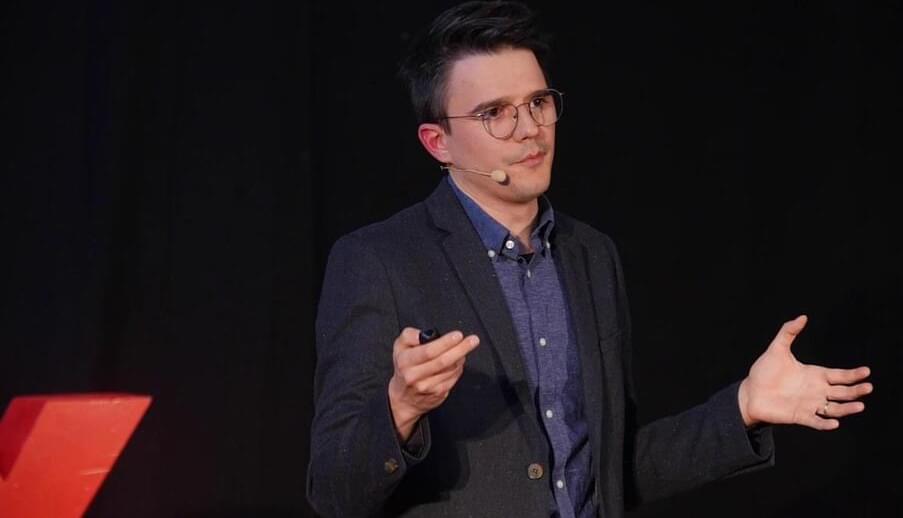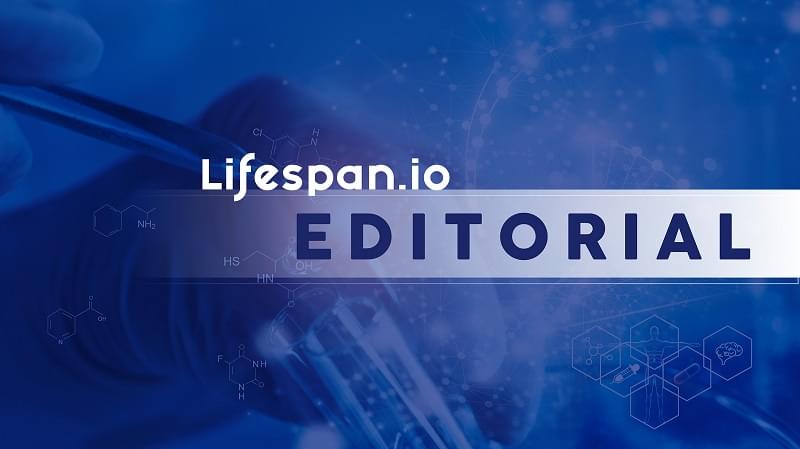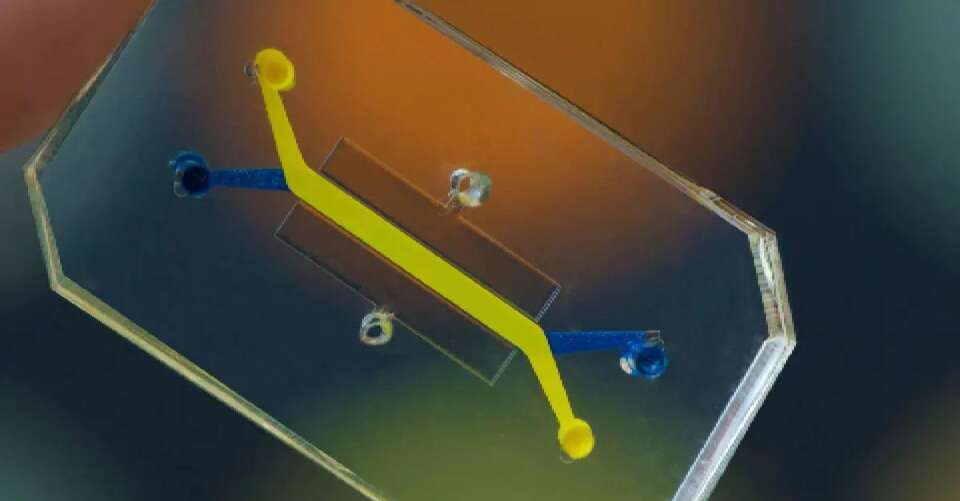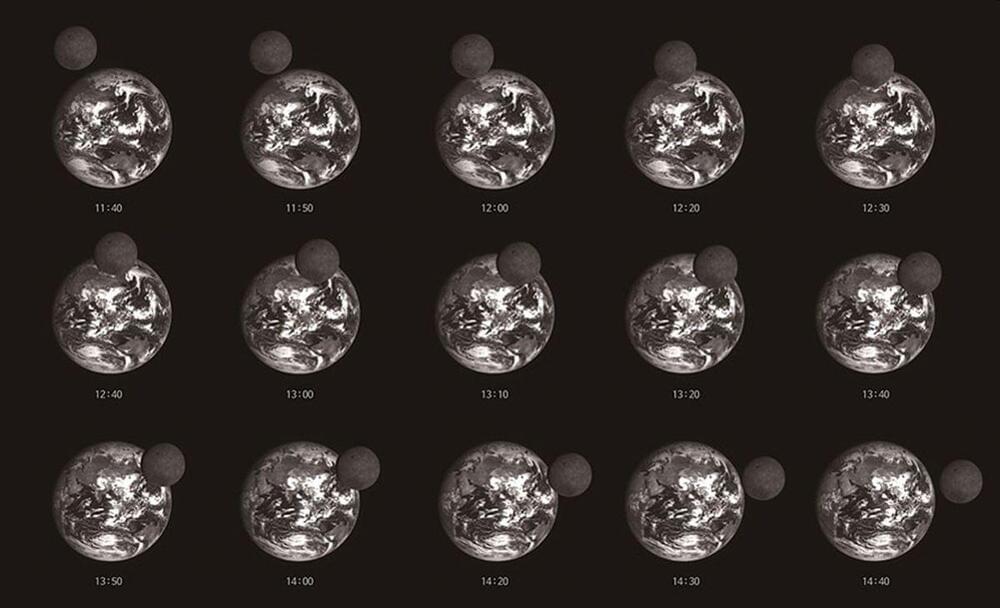Dec 17, 2022
EOI Space forges equity and sales pact with Japan’s NTT Data
Posted by Saúl Morales Rodriguéz in category: satellites
SAN FRANCISCO – EOI Space, the Earth-observation startup formerly known as Earth Observant, attracted its first major customer for ultra-high-resolution imagery drawn from a constellation of satellites destined for very low Earth orbit.
NTT Data, part of the Tokyo-based technology company NTT Group, is acquiring 2.5 percent of EOI plus exclusive rights to sell EOI satellite imagery in Japan, one of the world’s largest Earth-observation markets.
NTT Data is the first partner to sign up for priority access to EOI imagery and services. EOI plans to work with other organizations and governments across the globe, but the NTT Data contract is an important one.
